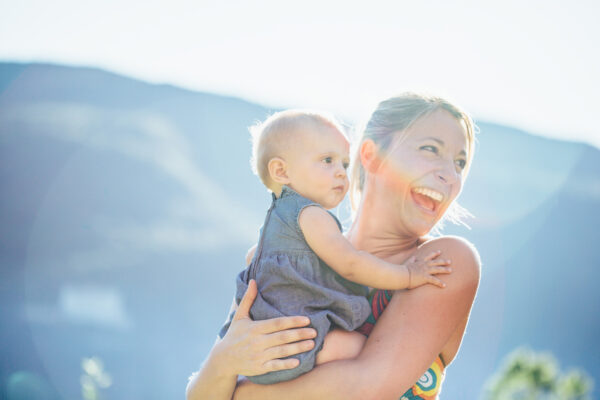The Development of the Mouth and Tooth
At about six weeks of age, the primary substance of the tooth forms in the fetus. Then between 24 and 28 weeks of gestation, the hard tissue surrounding the teeth forms. The next to last stage happens after birth when the tooth protrudes through the gum. The final step is when your child loses their primary teeth.
About Primary Teeth
Take a quick peek inside your baby’s mouth, and you will see that the 20 primary teeth are already present in the jaws. They hide out under the gumline and will start coming in ( erupt) between six and 12 months. All 20 primary teeth will erupt by three years of age. Although every child is different, you can usually expect the first tooth to be the central incisor — the middle front tooth on the lower jaw.
Primary Teeth Erupt
The second central incisor is the next tooth to erupt in the lower jaw. Next, four upper incisors will come in, then the first four molars. They are followed by the remaining bottom two lateral incisors; after that, other teeth begin to slowly fill in, usually in pairs, until all 20 teeth have come in. Expect all primary teeth to be in place by three years of age.
Teething and Tender Gums
For most babies, teething is unpleasant. Your baby will be irritable during the day and sleepless at night. You can soothe your baby’s sore and tender gums by gently massaging them with a clean finger. You can also use a small, cold spoon or a wet gauze pad.
Teething Symptoms
Normal:
– Fussiness
– Difficulty sleeping
– Irritability
– Loss of appetite
– Excessive drooling
Not Normal:
– Fever
– Diarrhea
– Rash
It’s Important To Take Take Care Of Baby’s Teeth from the Start
Care for your baby’s teeth checklist:
– Clean your baby’s mouth during the first couple of days after birth by using a clean washcloth or moist gauze pad to clean the gums.
– Clean baby’s gums right after feedings.
– Remember, as soon as teeth appear, decay can occur.
– Begin brushing their teeth as soon as the first tooth comes in.
– Use a rice grain-sized dab of fluoride toothpaste.
– Brush teeth twice per day (morning and night).
Your Childs First Visit To The Dentist
Continue to take great care of your baby’s teeth by planning a dental visit to catch any minor problems. Many parents schedule their first appointment right after the first tooth comes in and no later than the first birthday.
We will check for cavities, diagnose any other issues, and show you how to clean a child’s teeth properly and handle any other common questions.
